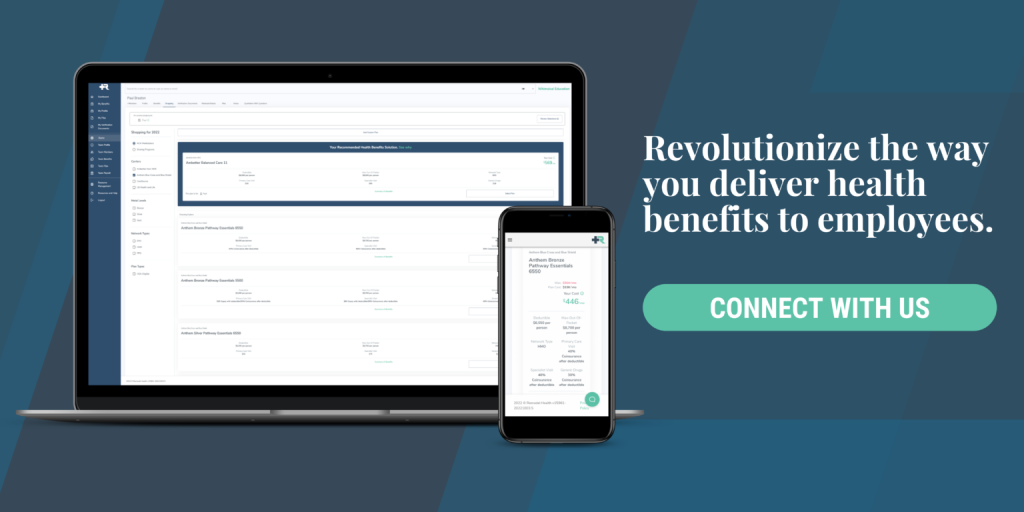
Navigating the world of employee health benefits can be complex. With Individual Coverage Health Reimbursement Arrangements (ICHRA), companies now have a flexible, cost-effective option for providing health benefits. The key, however, lies in successful implementation. Let’s explore how companies can effectively execute an ICHRA plan!
Understanding ICHRA
Before diving into the implementation process, it’s crucial to understand what ICHRA is. ICHRA is a health benefit where companies reimburse employees tax-free for their individual health insurance premiums and other medical expenses. It also allows companies to set their own budget, offering more flexibility and control over their healthcare spending.
1. Determining the Budget
The first step in implementing ICHRA is determining your budget. Unlike traditional health insurance plans where costs can fluctuate, ICHRA allows companies to establish a defined contribution. Decide on a monthly contribution amount you can afford per employee. Remember, this amount can vary based on employee class, age, and family size.
2. Classifying Employees
ICHRA offers the ability to segment employees into different classes based on business criteria like geographic location, full-time/part-time status, or job description. Identify and categorize your employees accordingly. This allows for customizing benefits to meet the unique needs of different groups within your company.
3. Selecting a Reimbursement Model
You can choose to reimburse for insurance premiums only, or also include qualified out-of-pocket medical expenses. Weigh the advantages and disadvantages of each model, considering your employees’ needs and the company’s financial situation.

4. Communicating with Employees
Once you’ve established the details of your ICHRA plan, the next step is to communicate this to your employees. Ensure that they understand how ICHRA works, the benefits of such an arrangement, and how they can use their allotted funds. Transparency and open dialogue can help ease the transition.
5. Assisting with Plan Selection
Under ICHRA, employees are responsible for selecting and purchasing their own health insurance. Companies can help by providing resources and support to help employees find the best plan for their needs.
6. Compliance and Documentation
To stay compliant with regulations, companies must provide a written notice to employees about the ICHRA offering. Moreover, proper documentation for all reimbursements is necessary.
ICHRA presents an attractive alternative to traditional group health insurance plans, particularly for companies seeking to control costs while still offering meaningful health benefits. Successful implementation of ICHRA requires careful planning, clear communication, and diligent management.
We understand that implementing a new health benefits strategy can be daunting. Let us help you!

